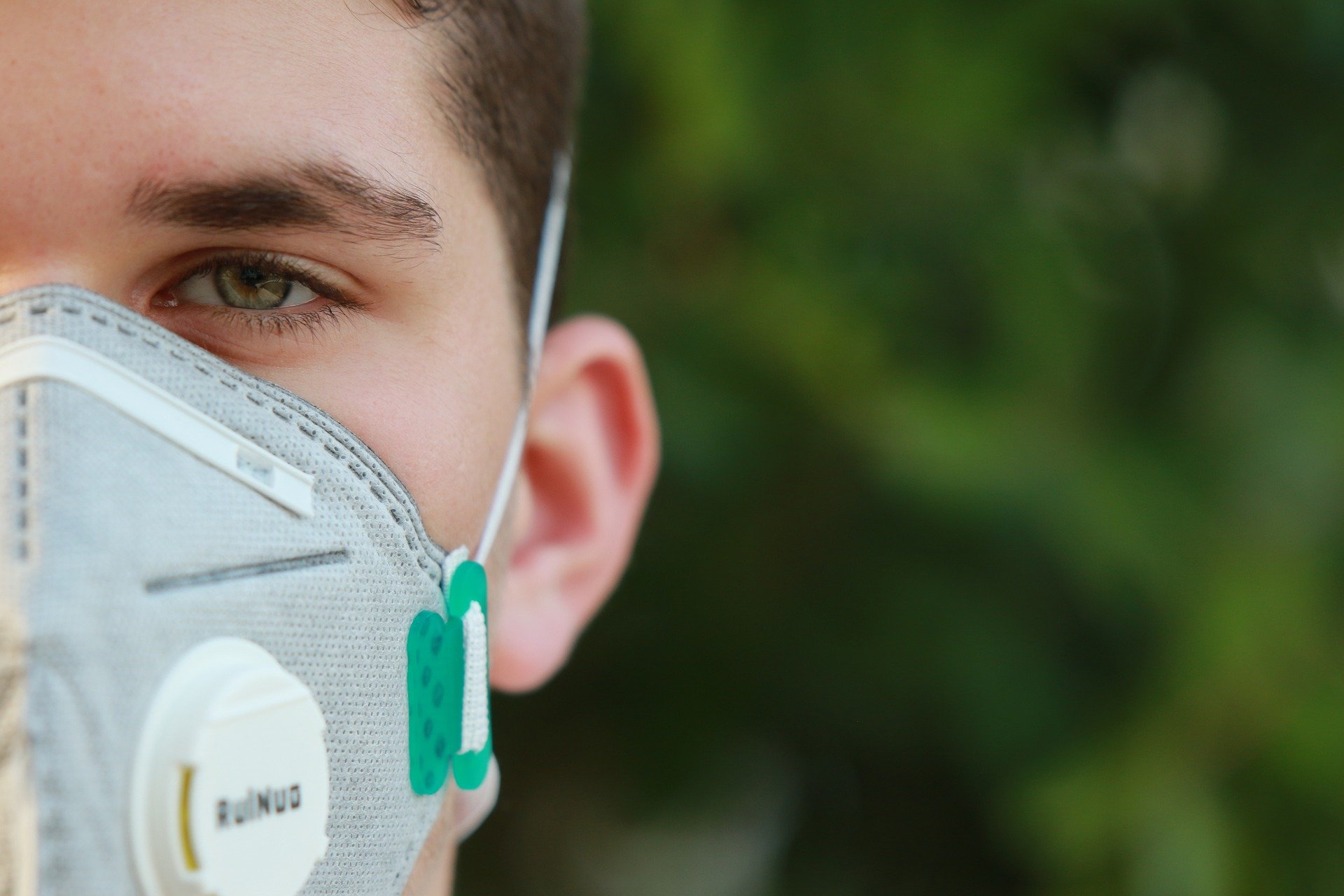Researchers at Harvard are currently working on a face mask that can provide real-time feedback on exposure to the coronavirus.
The study, first published in the journal Nature Biotechnology, explained that tiny sensors embedded into wearable fabrics such as masks and jackets were used to help make this innovative idea a reality.
Peter Nguyen, co-author of the study and a research scientist at the Wyss Institute at Harvard University, described the concept as similar to how human skin works.
“The concept is similar to how our own skin works, where you automatically sense your environment with exquisite sensitivity without needing to actively participate in the details of the process itself,” he explained.
Nguyen added that the wearable detectors would be ideal for those working in environments where they are regularly exposed to pathogens or toxins.
Detecting COVID-19 Traces Within 15 Minutes
The prototype of the COVID-19 face mask detector comes with a patch of sensors. These sensors are attached to a pad that collects the user’s breath particles. The mask needs to be on the wearer for at least 15 minutes, where the virus accumulates on the inside of the mask due to coughing, talking, or normal respiration. Scientists can then pierce the mask and sample the sensors, with a strip on the mask showing the results.
“Respiratory droplets and aerosols are the transmission routes for respiratory infectious diseases but have been underutilized historically for diagnosis,” the study explained, adding that there is a priority for the development and use of breath sampling technologies to alleviate testing bottlenecks.
If the COVID-19 detection mask is refined and becomes commercially available, it would be an effective way for individuals living and working in high-density areas to proactively monitor whether or not they become infected. Such environments include higher education institutions, which have struggled with managing the coronavirus and maintaining social distancing guidelines for faculty, students, and staff since the start of the pandemic.



